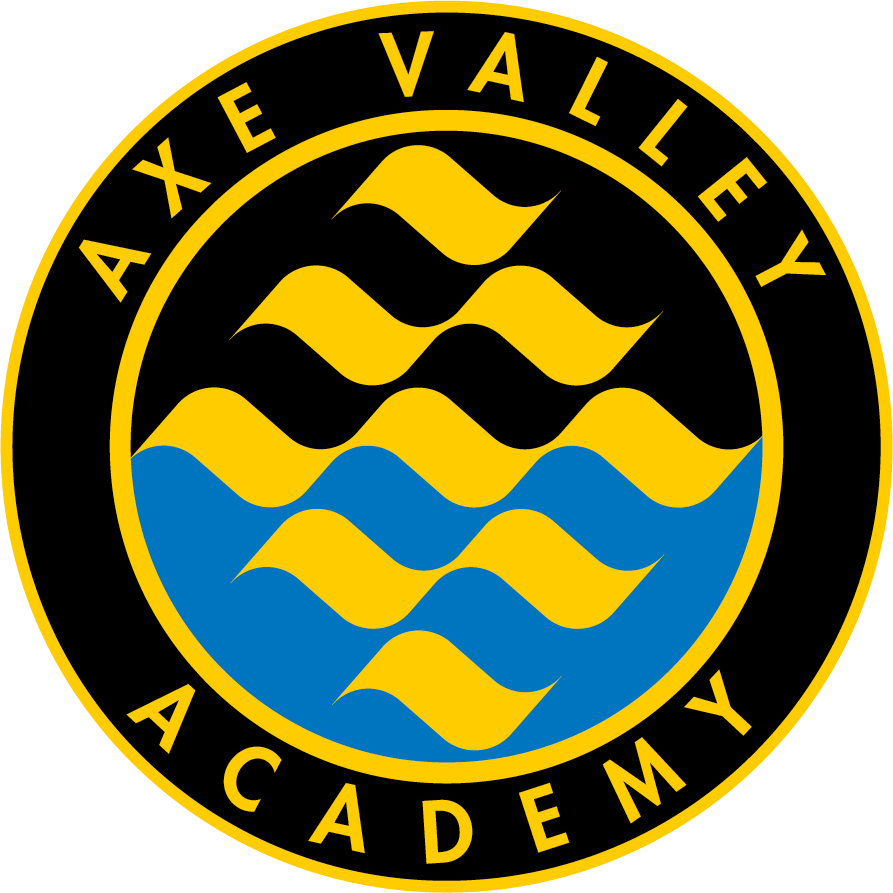
British Values
Democracy
In the taught curriculum:
One of the key questions underpinning the History curriculum is, ‘How were people ruled?’ Models of governance through history are studied and compared.
Students in History learn about the interregnum and the restoration during year 7, beginning their understanding of the role of parliament in British democracy.
In History in year 8, students learn about the fight for women’s suffrage
In tutor-led reading across year groups, students engage with journalism in our Anthologies regarding issues pertinent to this theme: about campaigners for disability rights in year 8, for instance.
In Key Stage 4 PSHE, delivered by tutors, students read and discuss materials about UK democracy, the importance of participating in elections, their rights and responsibilities and other relevant material.
In Drama and PE especially, students learn to work collaboratively, each having their say, in group tasks (such as producing and performing drama).
In the wider curriculum:
Each tutor group elects a representative to the school council. These representatives take issues of concern for their tutor group to the school council and feed back to their tutor groups on the outcomes of their meetings.
Pupil voice is regularly used. For example, feedback on specific subjects when reviewing a curriculum area; groups reflecting on PSHE provision and the school culture; student surveys and the student council.
We have a debating club that helps students see how consensus can be reached through open, transparent debate.
Students have voted for their House charities.
The Promotion of Fundamental British Values at Axe Valley Academy
The Rule of Law
In the taught curriculum:
During Key Stage 3 History, students learn how laws are created in the UK.
During Key Stage 4 PSHE, students learn about the UK legal system and how laws are made in parliament.
Also during Key Stage 4 PSHE, students learn about legally protected characteristics and reflect on how having these characteristics protected in law help citizens, and society, to thrive.
During Key Stage 4 PSHE, students learn about the UK legal system and how laws are made in parliament. They also learn about the British constitution (and why it isn’t written down).
In the wider curriculum:
An opportunity to participate in a mock trial is offered in year 10.
Individual Liberty
In the taught curriculum:
In Key Stage 3 PSHE and Computing, students are taught how their liberty to be themselves is protected (where this doesn’t infringe on the rights of others), including online (in the computing e-safety unit of work). This includes their right to privacy.
During Key Stage 4 PSHE, students learn about the UK legal system and how laws are made in parliament.
In Key Stage 3 RE, students learn about how religious teachings and ethical principles intersect to influence people’s behaviour.
In the wider curriculum:
This intersects with the democracy value: pupil voice and student council show students how their individual expression is listened to and considered in decision-making in the school.
Mutual Respect & Tolerance
In the taught curriculum:
In Key Stage 3 RE, students learn the core teachings and beliefs of the major world religions. This promotes pluralism.
In Key Stage 3 History, students learn about slavery in the 18th and 19th centuries, and the legacy of slavery up to today. They also learn about campaigns for civil rights and against discrimination (including gay rights, disability rights, women’s rights and BAME rights).
In Key Stage 3 PSHE, students are taught about a diverse range of ways of living and lifestyles (for example, different kinds of families), promoting tolerance of people who live differently from themselves. One of the strands throughout KS3 PSHE is ‘Celebrating Difference’.
In Key Stage 3 Geography, students learn about poverty, including the experiences of people living in countries other than the UK. A sense of tolerance without patronisation is promoted through this teaching.
Tutor reading from our AVA Canon reflects diversity in race, gender and sexuality. Furthermore, Key Stage 3 English includes poetry and novels that are rooted in other cultures and nations than our own.
In the wider curriculum:
Kindness is a core value of the school; one way kindness is modelled and promoted is by showing mutual respect and tolerance of others. These values are regular features of assemblies: for example, those covering respect of personal boundaries and consent; those covering relevant current issues in the news (e.g. refugees crossing the English Channel).
Intolerant behaviour, such as discriminatory language, is always challenged and very robustly dealt with in the behaviour system.
Students come forward and speak to staff when they’ve witnessed or experienced discriminatory language, sharing in our confidence that these incidents are well-managed.
A key principle in the behaviour system is the idea of restoration of relationships. Staff always seek to develop strong, mutually respectful and tolerant relationships with students (modelling these values) and always seek to repair relationships where something has gone wrong. Similarly, mediating restorative conversations between students is a key part of our school pastoral systems.
Fundraising for charity is a regular occurrence, promoting the belief in students that helping others, or good causes, is worthwhile.
